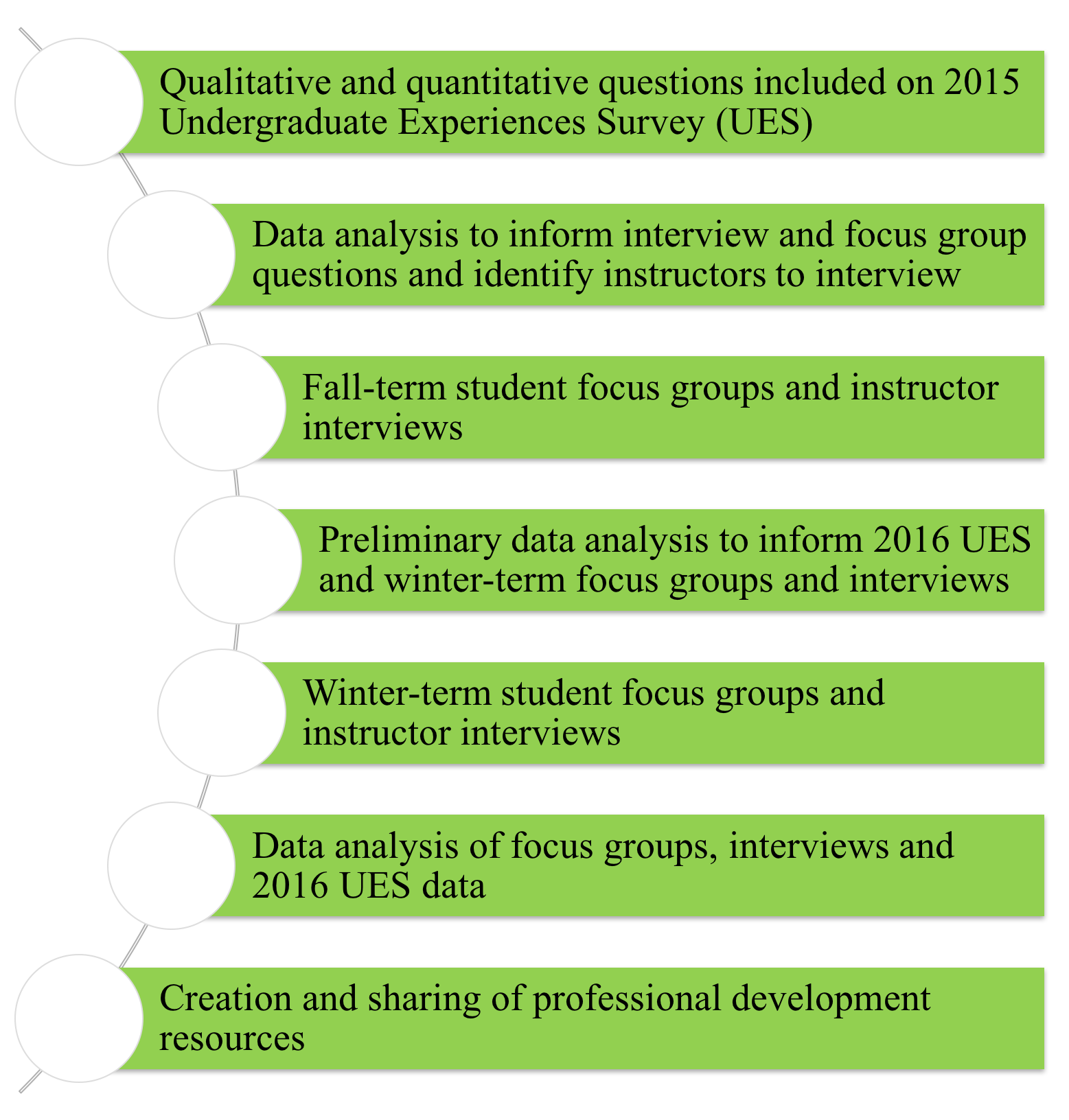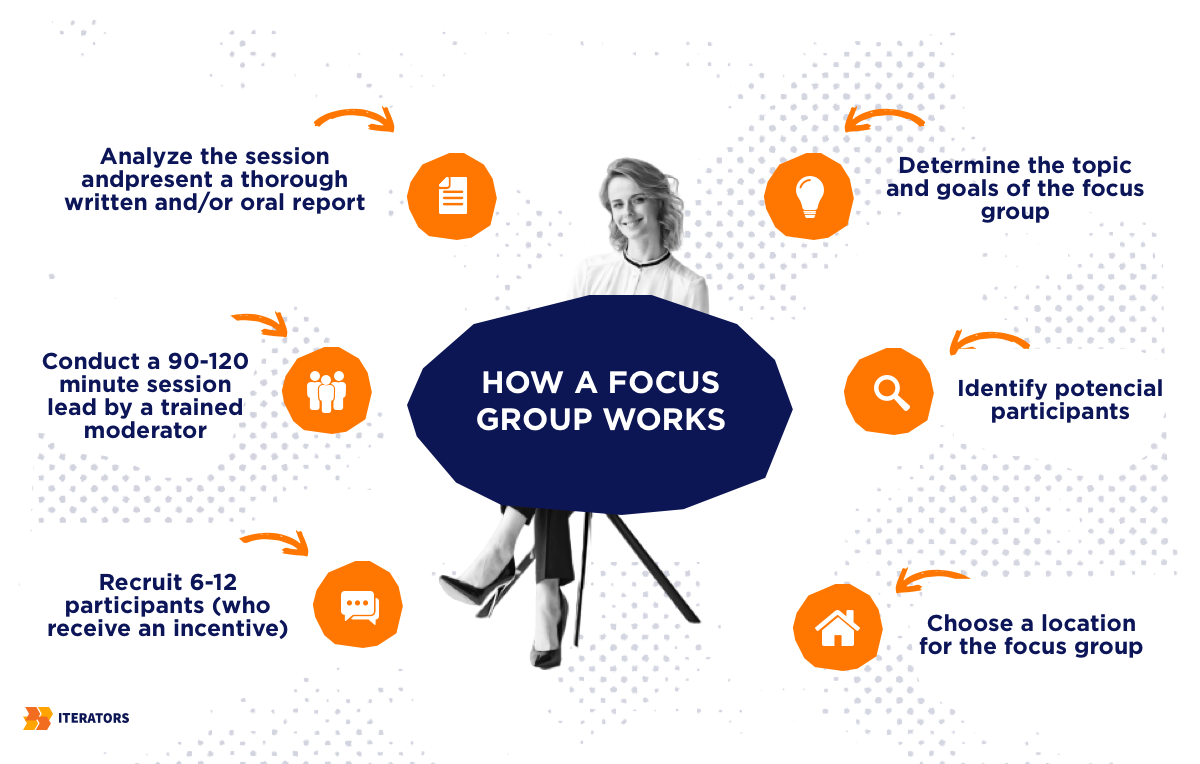
The authors tell us that you should first identify the characteristics of the target population, and ask who might have something pertinent or interesting to say about the topic. Krueger and Casey (2010) give some good advice on populating focus groups. But we are only going to do so if participants will not see this as an opportunity for debate. We might try to invite people with different perspectives or those from different socio economic or demographic backgrounds. But this does not mean that a focus group population itself has to or should be homogenous. A focus group would not be a good choice for you if people are polarized by your topic.Ī focus group needs to have a homogeneous element: Some commonality that people can discuss together. Are people polarized by your topic? You do not want to mediate a debate.At the same time, people might not open up about sensitive topics in a focus group setting. You cannot guarantee that people are going to keep confidentiality-even if you set ground rules. Will harm come to people sharing their ideas? If you have a sensitive topic, that might be embarrassing or even unlawful, then a focus group is not the right option.Remember that a focus group uses various qualitative interviewing and engagement techniques to facilitate discussion and the collection of rich, emic, qualitative data. Do you need statistical data? You are not going to get statistical data from a focus group given the sample population size and the general style of a focus group discussion.385-386) tell us that if you answer yes to any of these questions, then focus groups are not the best method for you: Focus groups are not always going to be appropriate though. Project planners, managers, and evaluators oftentimes use focus groups to collect qualitative data, throughout the lifecycle of a project. Tracy’s advice stands: If your topic would benefit from group interaction, then a focus group might be an appropriate data collection tool for you to use. Group interaction also helps with recall and gives the researcher rich descriptions of shared experiences. Tracy (2013) explains that within a focus group, there is a cascading effect of conversation, as comments link into each other and participants share what can be rich, emic, qualitative, data with each other and the moderator. When are Focus Groups the Right Data Collection Tool?įocus groups can be a good way to collect qualitative data in monitoring and evaluation, especially when group interaction might produce insight into a topic. The moderator should be open and non-threatening, so that participants feel at ease, and are comfortable enough to express their opinions and discuss issues. A moderator goes into a focus group with a line of questioning, and actively leads discussion around a particular issue-starting with the general topic, and then getting more specific, or even controversial, over time. Focus groups are a tool that project planners, managers, and evaluators often use to collect qualitative data related to a project’s planning, implementation, and impact.

Graduate Certificate in Sports Analytics and ManagementĪ focus group is a planned interview with no less than three, up to about twelve people, where the moderator encourages participants to discuss a particular topic, starting with the general and getting more specific, or focused, over time.Graduate Certificate in Project Monitoring & Evaluation.Graduate Certificate in Nutrition Education.Graduate Certificate in Human Resource Analytics and Management.Graduate Certificate in Healthcare Management.
FOCUS GROUP DATA ANALYSIS METHODS PROFESSIONAL



 0 kommentar(er)
0 kommentar(er)
